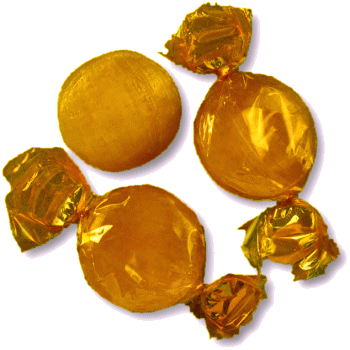




WELCOME TO AN ENTERTAINMENT SITE FOR SCOTTISH COUNTRY DANCERS!
Enjoy this curated selection of theme-related dances for celebrations and holidays, or find a dance associated with a special calendar day, or EVEN your own birthday!
Aug 24

Applewine Festivals
Apple Wine and Georgia Peaches
Other Scottish Country Dances for this Day
Today's Musings, History & Folklore
This dance is "peachy keen"!
From a collection of dances created for wedding celebrations in the German-Scottish dance community, this delectably-named strathspey (and its companion tune, "Three Cheers for Serendipity"), celebrate Frankfurt’s role as Germany’s apple cider capital while also paying tribute to Georgia, the “Peach State.” Frankfurt has a long-standing tradition of producing "Apfelwein," a regional apple cider that has been enjoyed for centuries, usually made from . tart varieties such as Rheinischer Bohnapfel, Boskoop, and Eifeler Rambur! Apfelwein can be enjoyed at special taverns known as "Apfelweinkneipen" which are scattered throughout the city and its surrounding areas, especially frequented during the annual Frankfurt Apple Wine Festival in August. On the peachy side, for over three centuries, English speakers have used the words “peach” and “peachy” to describe things that are exceptionally good, desirable, and attractive! So, raise a glass to the dancing couple, and of course, don’t forget to enjoy a peach! Cheers! Prost! and Slàinte! 🍎 🍏 🍎 🍷 🍑 🍑 🍑 🥂
Apple Wine and Georgia Peaches
Peaches, mixed with sugars, cinnamon and a few other special ingredients inside a buttery, flaky crust - Peach Pie! Yum!
Franciscan monks introduced peaches to St. Simons and Cumberland Island, barrier islands off the coast of what is now Georgia in the 16th century. Cherokee Indians grew peaches there as well during the18th century.
Peach production exploded after the Civil War when Georgia farmers were looking for alternatives to cotton. They were so successful that in the following decades Georgia earned the nickname “the Peach State.” increased railroad lines and the refrigerated boxcar meant faster shipment to markets and pushed peach production to 8 million bushels a year by 1928.
For three centuries English-speakers have been using "peach" and "peachy" to describe things that they considered really good, desirable and attractive, including attractive young ladies.
According to the Oxford English Dictionary, the American phrase "peaches and cream," is used to describe life or some desirable and pleasant state of affairs, or the lovely complexion of a fair maiden. In the last fifty years or so the answer to the question "How are things going?" with the response, "Peachy keen," has altered from a positive meaning to a hint of a sarcastic innuendo.
For an award-winning peach pie recipe, click the vintage peach crate label, one of many fruit packing companies with Scottish roots.
Click the dance cribs or description below to link to a printable version of the dance!




